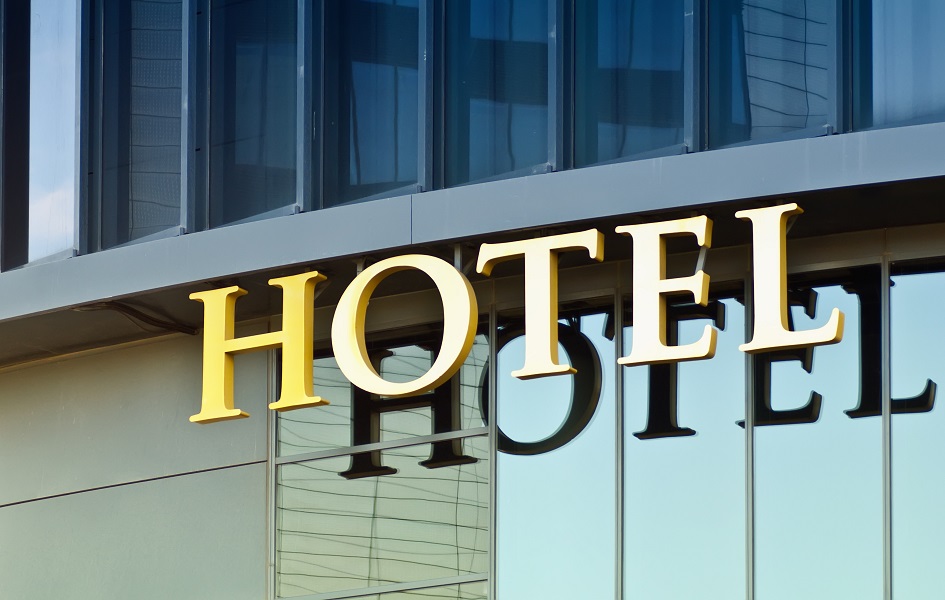Hotels flying well known flags have long relied heavily on brand marketing to get travelers into rooms, but not anymore. A growing crop of brand hotel managers are supplementing the work of the brand’s marketing department with the help of hotel online marketing agencies.
Of course, a respected brand like Hilton or Marriott is still a huge advantage for any establishment, delivering instant trust and recognition. It also comes with ready-made online marketing. They find the brand marketing too bureaucratic, one-size-fits-all, and simply unable to reflect the best of what their individual establishment has to offer. Below are three key reasons flagged hotels are taking marketing into their own hands, and succeeding.
1. Uninspiring, personalized websites
If you’re a brand hotel, then odds are you have a brand website that just isn’t particularly great. It’s probably functional, but unfortunately identical to every other website for every other hotel sharing your brand. This means an urban hotel in a major city like New York or Chicago can have basically the same layout and design as a beach resort or ski lodge of the same brand. What if your hotel draws a significant amount of revenue from a regional event, such as a wine festival or strawberry harvest? Put simply, an out of the box, generic website will almost always fail to reflect any of these specific characteristics of your hotel. To the website visitor, the seaside resort looks no different to the Chicago high rise. Such a website will inevitably alienate a chunk of potential visitors. Hence, it’s no surprise many managers are looking to creating their own, personalized websites that better reflect the culture and history of their unique establishments.
2. Greater control and agility
One huge advantage of unique websites is that managers can quickly and easily promote new packages and deals. Personalized marketing material like special events and guest photos can be quickly and easily added. They can also apply a range of industry best practices often neglected by centralized marketing departments. Some of these practices include automated emails to users that ditch your booking engine half way through reserving, and applying retargeted ads. All of these things are possible through brand websites, but only after working through the brand bureaucracy. Taking matters into your own hands means less time wasted, less headaches, and hopefully more business.
3. Sorry, but your brand isn’t your biggest selling point
A well-known, reliable brand name can be a huge asset for a business, but it isn’t everything. Modern travelers don’t just want a brand name – they want an authentic, local experience. By taking control of your own marketing, you can work to emphasize your establishment’s ability to deliver the best of your destination. You can highlight the local cuisine in your kitchens, the local art on your walls, and the local faces of your establishment. Instead of just being yet another brand hotel, you can be a symbol of the taste, smell and touch of your region. In the end, this is what brings in discerning travelers of today.

